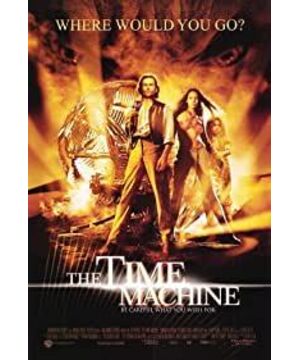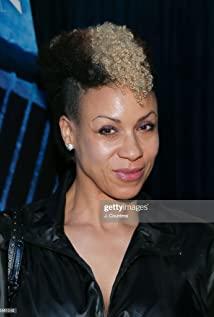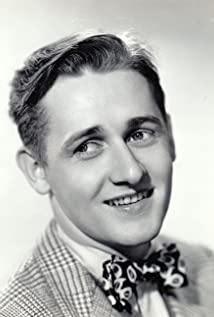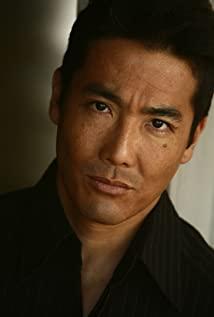I was so confused after watching it, I didn't know what the movie was about. Why does ALEX want to find the answer in the future, what kind of answer does the future give him, and what the white-faced man said: Each of us has a time machine, what can capture the past is memory, and what is in the future is dream. What did Alex mean by "what if" when he was about to leave at the end, and why did he kill the white-faced man who was about to let him go. Why does he continue to go to the future, why does he want to go back again. After reading all of these, I have no clue at all, and my thinking is very confusing. In the end, I tried to think calmly and came to the conclusion that we cannot change the past, only the future can be changed, so we must grasp the present and then decide our own future.
After walking through the modern age of 2003, dizzy and heading towards the future, watching the changes in mountains, rivers, and forests, I wondered if this was a cycle. When the glacier came, I was sure that it was going to be a cycle. I wondered if what he saw when he woke up was a savage, and seeing Emma's appearance, as well as those clothes and buildings, I knew he was "going back" to the past. Yes, I started to get a little excited, this is reincarnation, just like my guess, just like I think the so-called prehistoric civilization in reality is nothing but something left over from the previous or previous reincarnation. Science tells me that it took a long time, four to five billion years, from the birth of the earth to the appearance of human beings. So before the birth of the earth, did it destroy a living place like the earth? Reincarnation, maybe this really is reincarnation. It seems to be far away...
"Each of us has a time machine, the past is the memory, the future is the dream" This is consistent with what I have realized. There was no answer to Alex in the past, only unchangeable sadness. So he went to the future to find the answer. When he came to 2003, the high-intelligence system (the holographic image man, which is somewhat similar to the "Avatar Project" of the Russian media tycoon XXX) had no answer. So he kept going. The Illaoi didn't have an answer either, it was just that the people who took care of him were hurt, he wanted to stay with them, he wanted to teach them to resist, to resist their inherent ideas, to resist those seemingly invincible enemies (in my opinion this is Can also be seen as a small center point). How many people in reality are stuck with their existing views and how many are resisting. (I also love that quote: they all wear top hats... monstrous, contemptuous mockery, like the cookie-cutter going for a mold now. Sad!!!) Why did the white-faced man want him to go, because He gave Alex the answer, and he could see through people's minds, and he didn't belong in this man-eating world. "what if" is what, is a kind of accident, is still Alex's denial of temporal causality. He believes that the present can change the future. After he killed the white-faced man, he went to the future to see what the future looked like. When he found out that the future was occupied by the Manlots, he came back to rescue Emma, and then killed the Manlots. In the back is the awakening of the Iroyi people, and all the scenes of peace and tranquility.
The film should be trying to say that the present can change the future. Isn't this contradictory? The past cannot change the future, so can the future change the future in the future? Isn't the future relative to the future the past? Was his trip to the future a failure?
There are a thousand Hamlets for a thousand readers.
Is it a loophole in the movie's plot or a mistake in my thinking?
Except for the classical costumes that I don't like at the beginning, some retro visuals, and the protagonist's costumes, the rest of the movie is okay...
personal words.
View more about The Time Machine reviews











